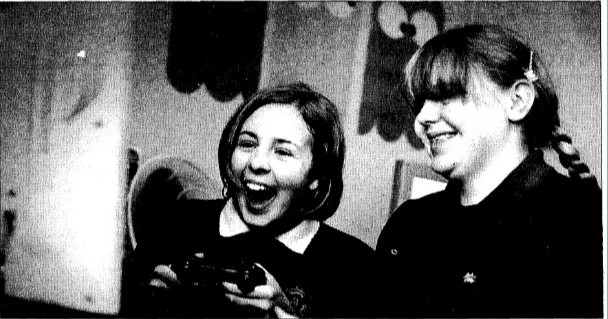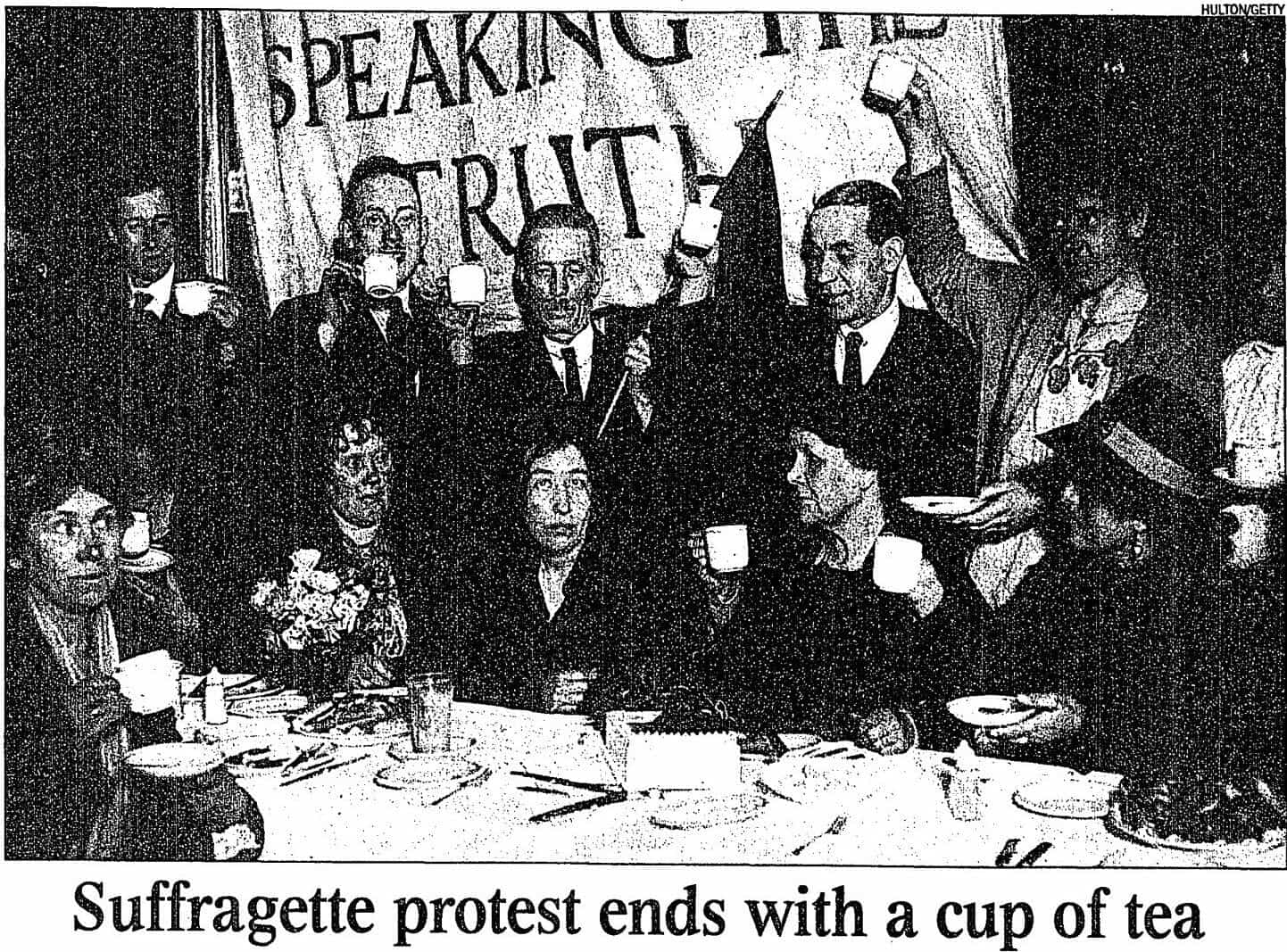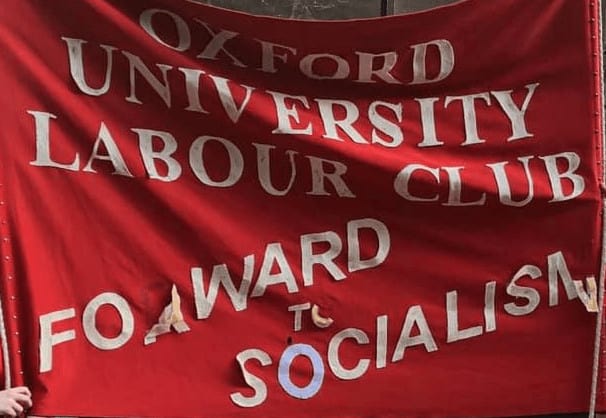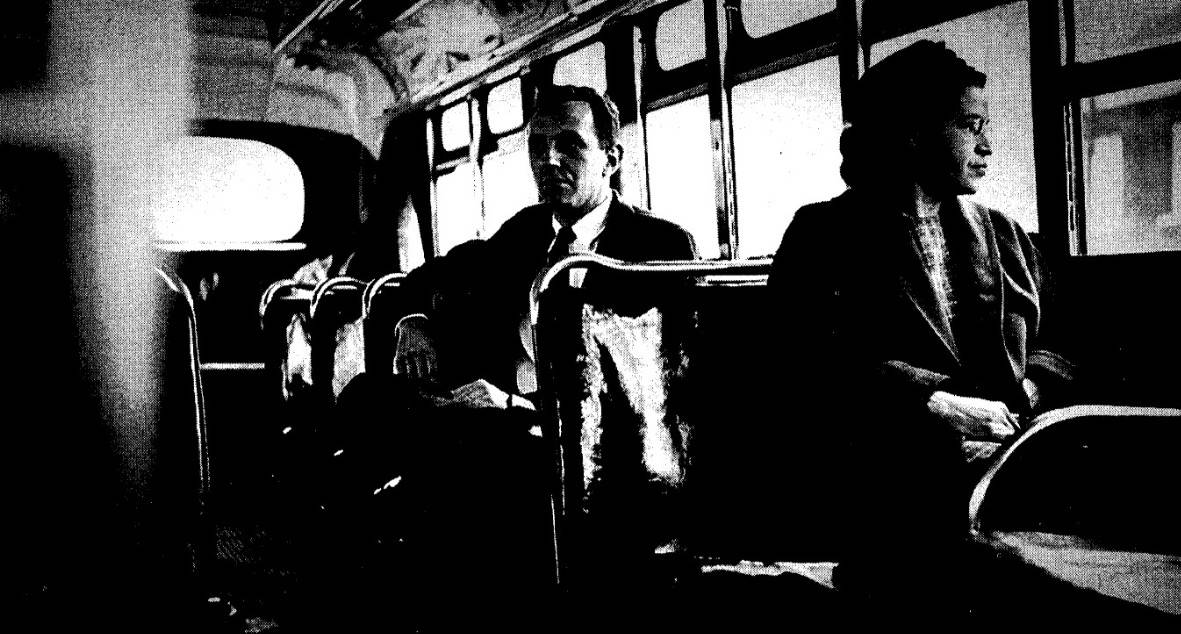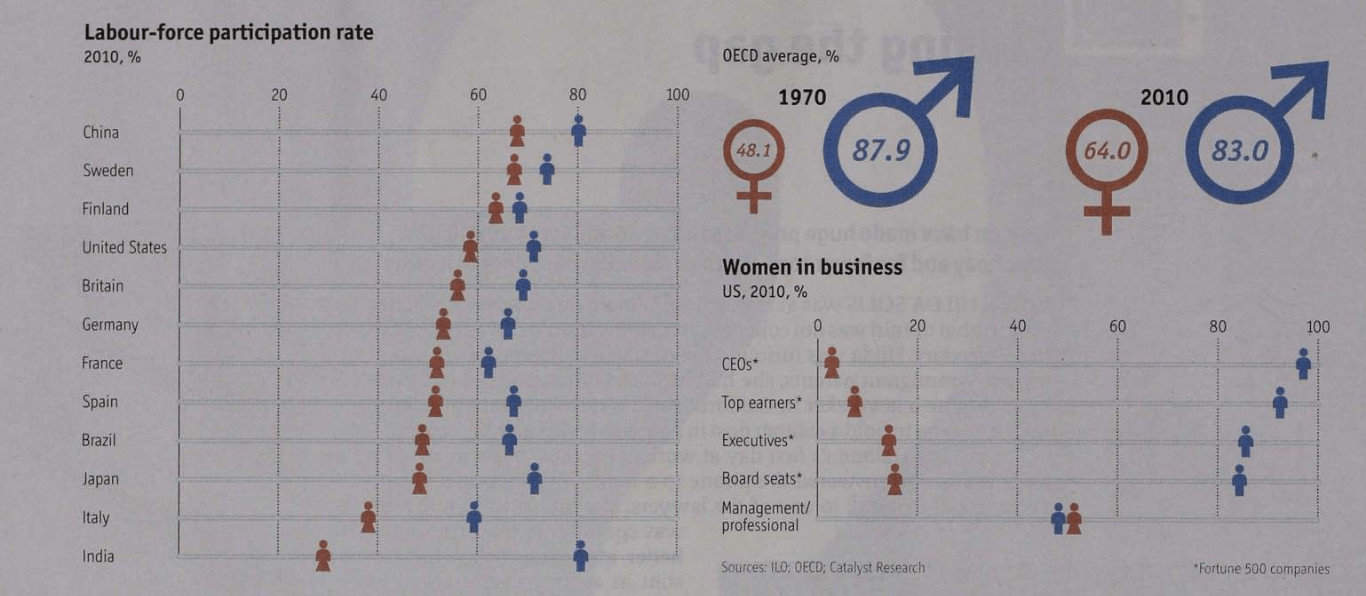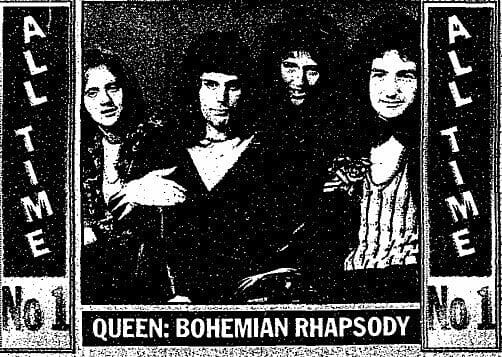│by Constance Lam, Gale Ambassador at the University of Durham│
Constructed in 2000, the Liverpool Chinese Arch remains an important landmark of Liverpool’s Chinatown. Standing at 13.5 metres high, this arch is the largest Chinese archway in Europe thus far, the impressive height reflecting the fact that Liverpool is home to the oldest Chinese community in Europe. On the twentieth year since the construction of the Chinese Arch, this blog post will look back on the rich history of Liverpool’s Chinatown.



